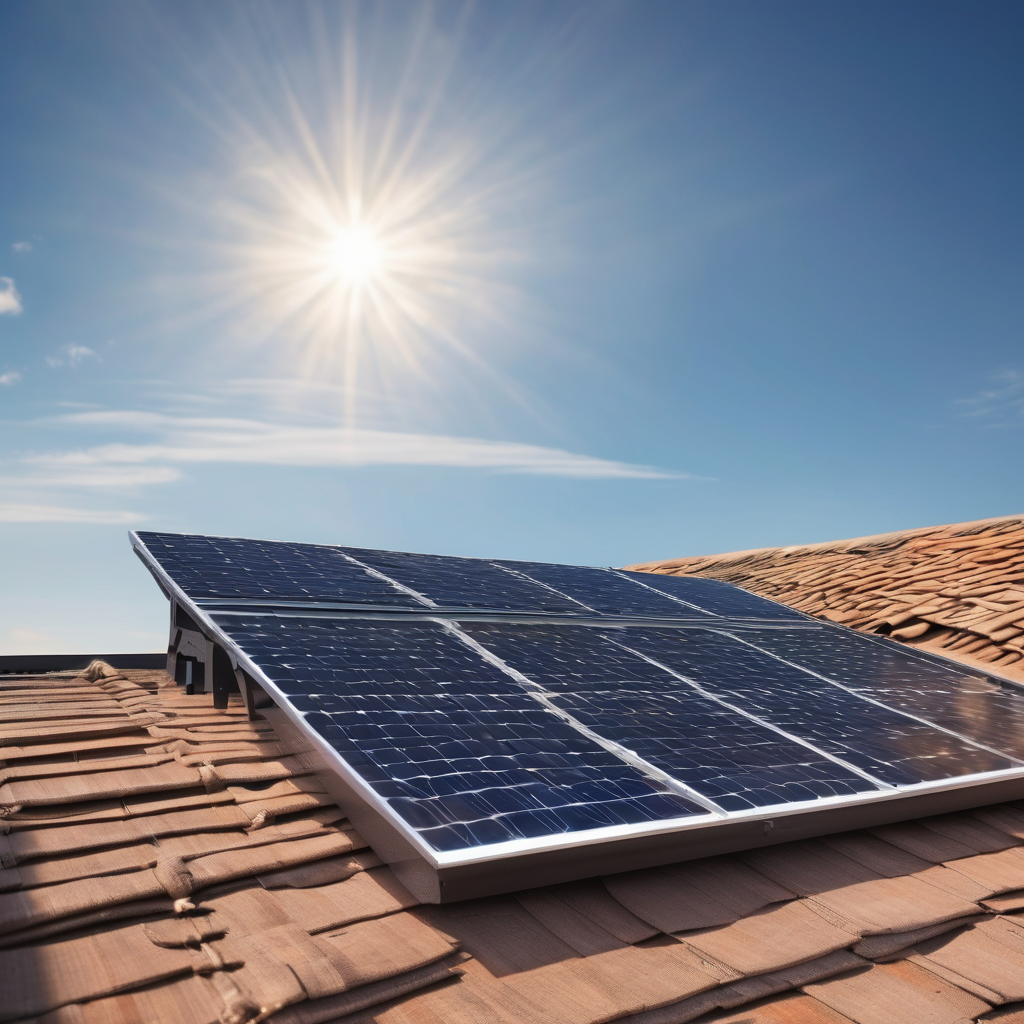Homeowners are rushing to capitalize on the federal 30% tax rebate for solar installations before it expires at the end of the year. The incentive is ending earlier than expected due to changes in government policy, spurring a significant increase in solar installations.
In Michigan, for instance, Absolute Solar has reported a more than 200% increase in business since the government passed the budget bill that phases out these incentives. Many homeowners are now eager to install solar panels, realizing their potential for reducing utility bills and decreasing carbon emissions. Renewable energy installations contribute to mitigating climate change and its adverse effects, such as intense heat waves and droughts that threaten agriculture.
The Solar Energy Industries Association notes that currently, over five million solar installations exist across the United States, predominately on residential rooftops. In 2023, about 1.2 million Americans claimed incentives for solar and other clean energy improvements on their tax returns. Despite the impending end of most household incentives, businesses and nonprofit projects can still benefit from solar credits until 2026 and 2027.
For those navigating their solar journey, EnergySage offers resources to help find professional installers, compare quotes, and locate applicable rebates, potentially saving homeowners up to $10,000. The platform also provides a mapping tool to compare costs and incentives by state. Additionally, EnergySage advises on other energy-efficient upgrades, such as heat pumps, which can significantly reduce the electricity used for heating by up to 75% and offer efficient cooling capabilities.
With the deadline fast approaching, homeowners are urged to act promptly to secure these valuable rebates, including up to $2,000 in tax breaks for installing efficient heat pumps and other improvements before the year’s end.
